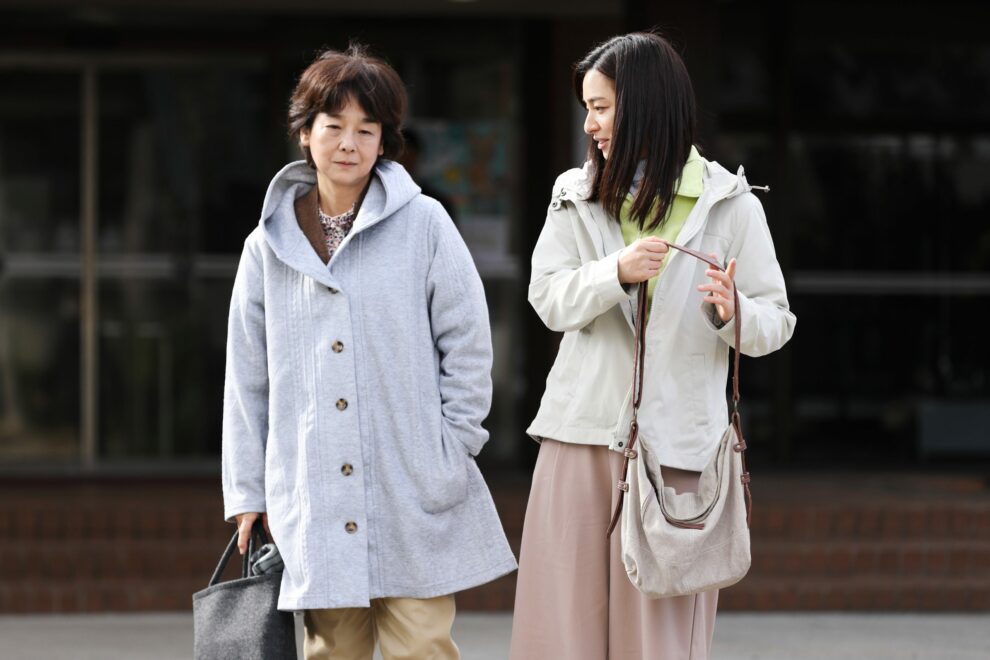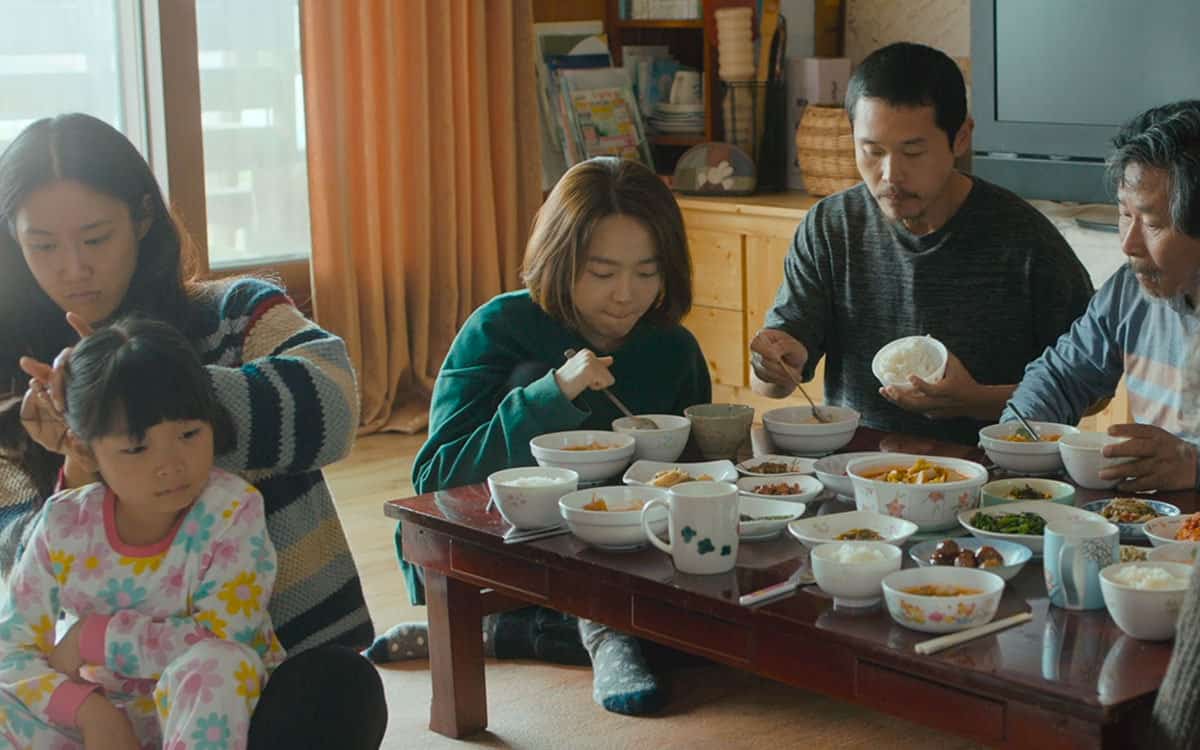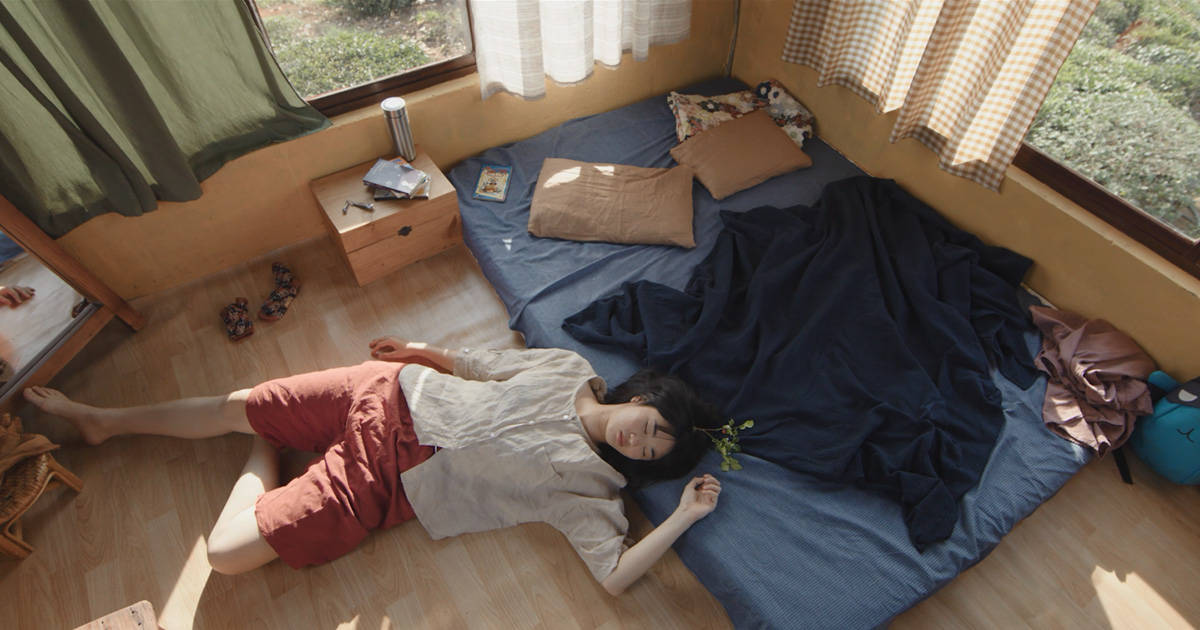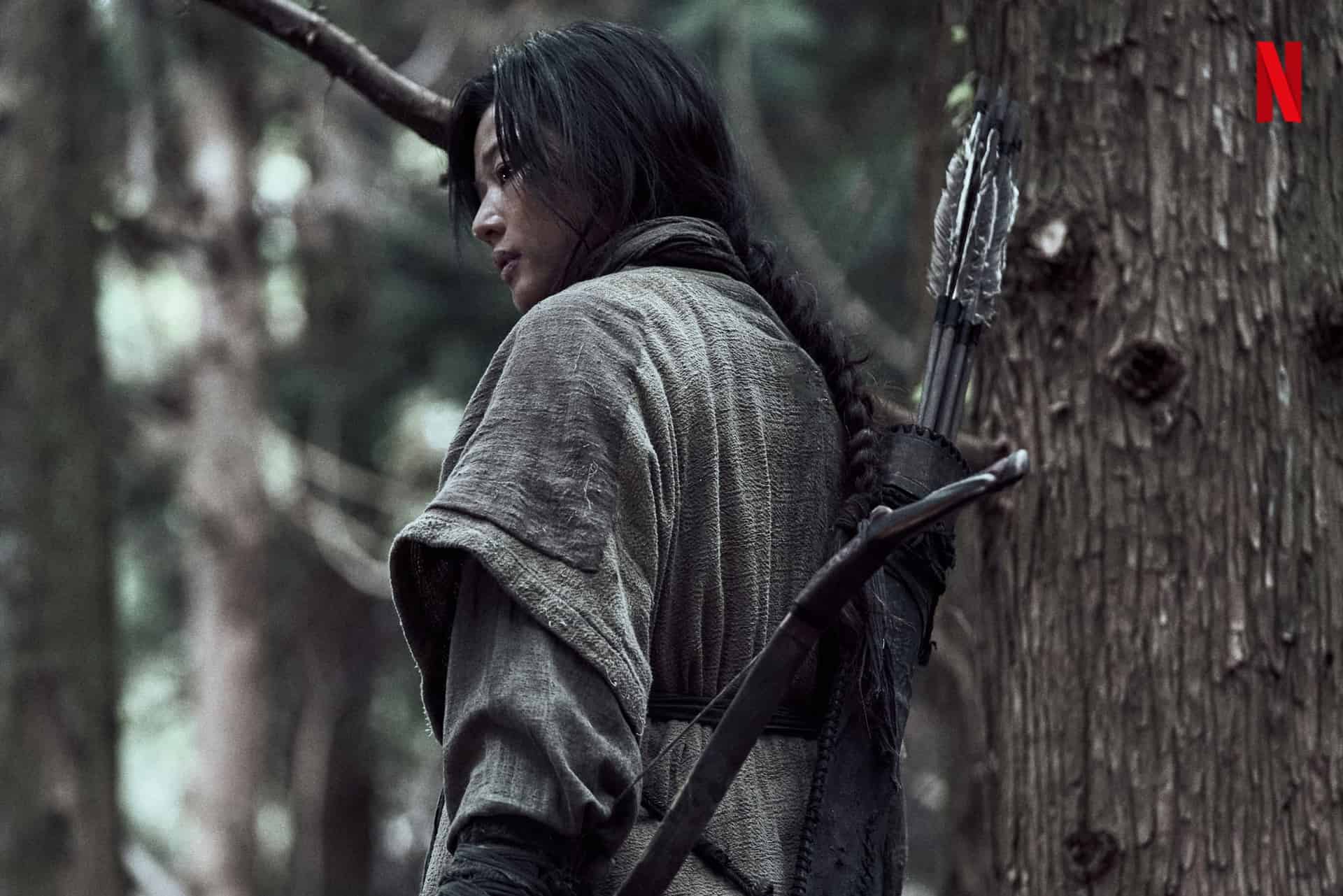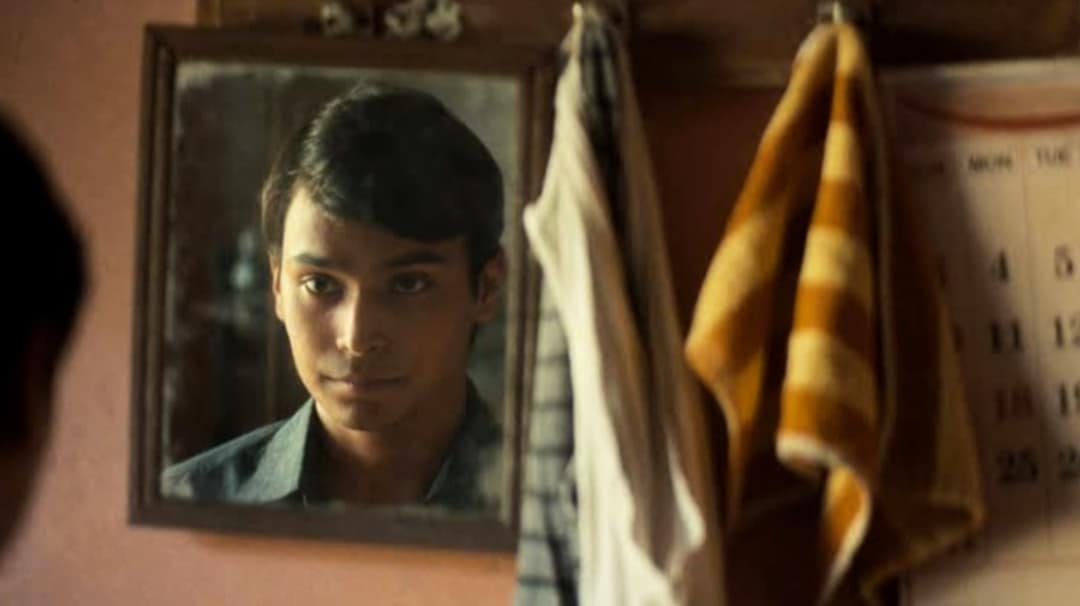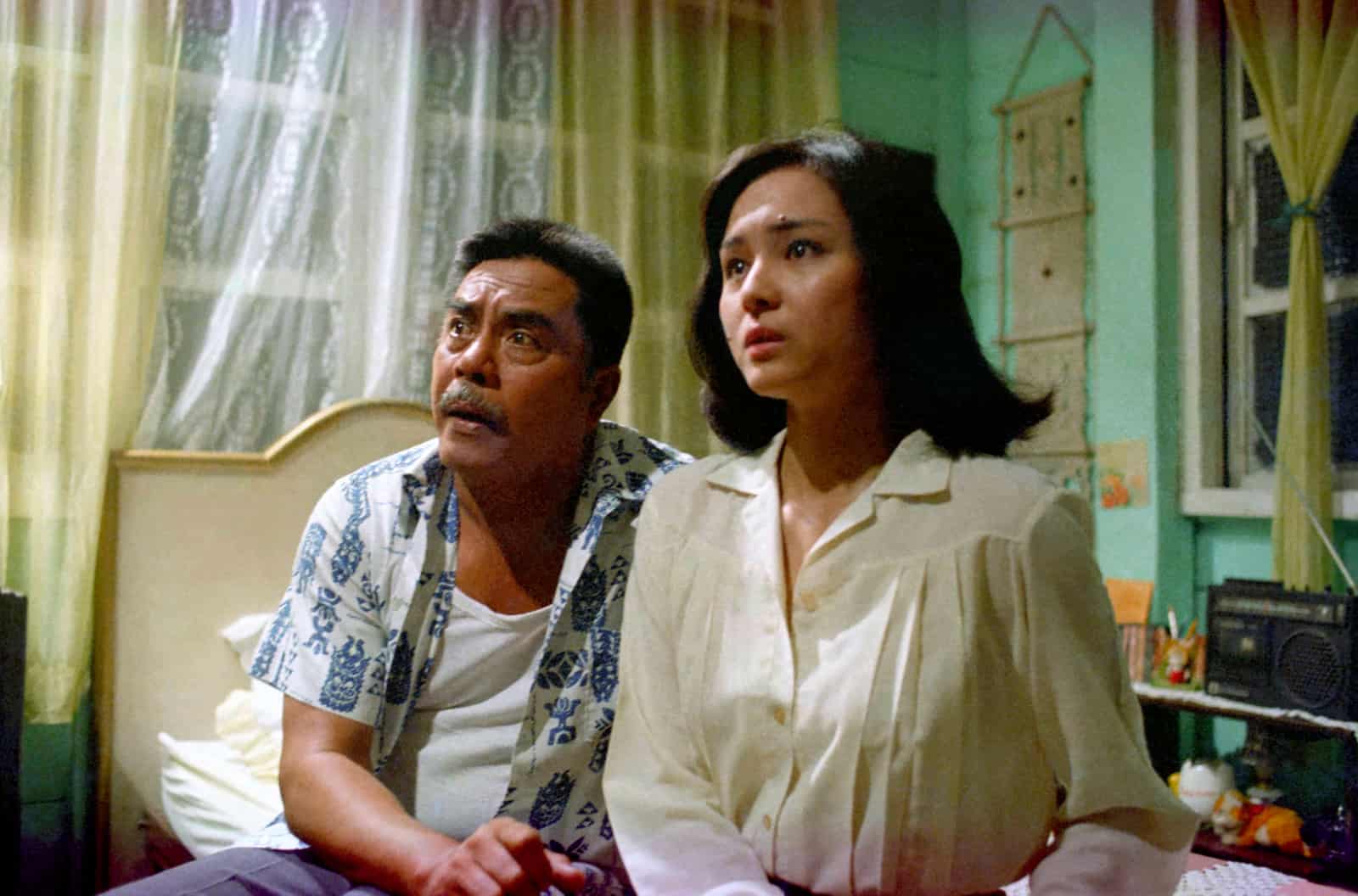Winner of the Fipresci Prize in last year's BIFF, Nao Kubota's “Thousand and One Nights” takes on a subject that has been dealt with in the Japanese cinema of the past, as in Shohei Imamura's “ A Man Vanishes” for example, but not so much in recent productions, regarding the sudden disappearances of men throughout Japan.
“Thousand and One Nights” is screening at Helsinki Cine Aasia
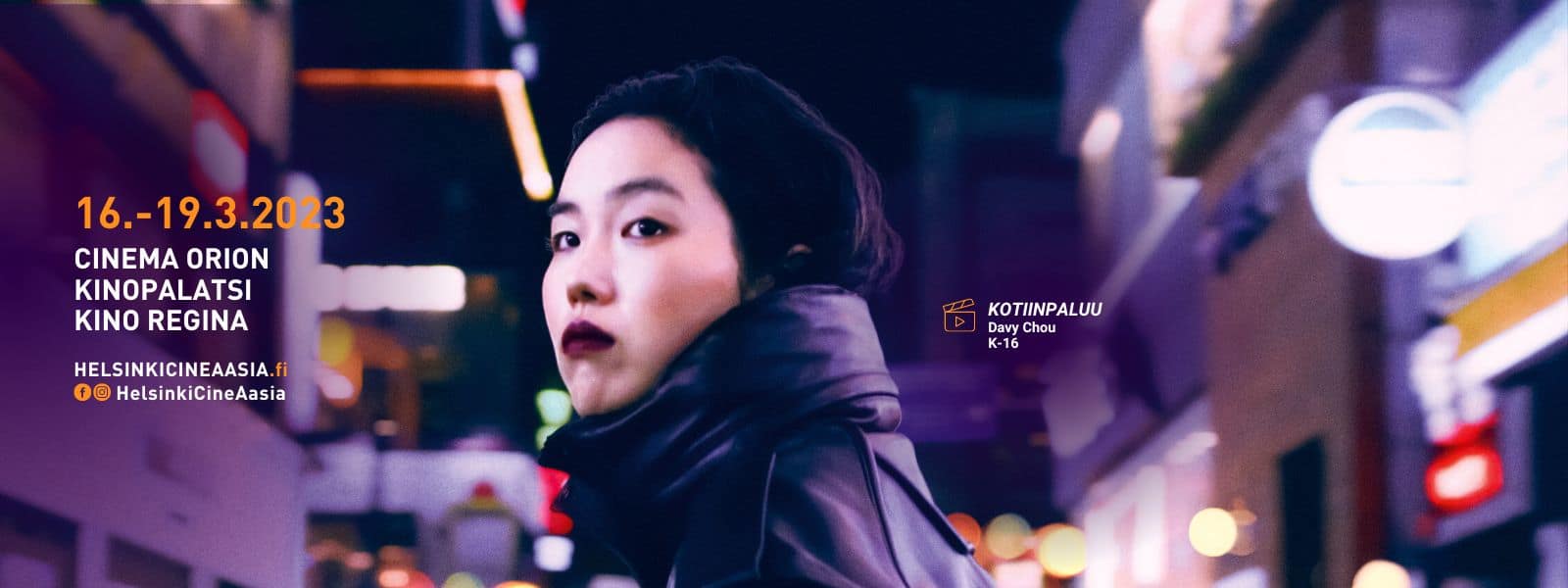
Tomiko Wakamatsu, a woman in her 60s, is working in the fish industry in the island of Sado, located in the Sea of Japan not far from Niigata. Her life, however, has been on hold for more than three decades now, since her husband Satoshi disappeared. Not being able to move forward, Tomiko is still searching and waiting, although a local man, Haruo, is quite keen on marrying her, something that both his mother, and a number of other people from the island insist on, despite the fact that the man is the town's drunkard. Her life changes, however, when Nami Tamura, a nurse in her mid-30s whose husband has also been missing the last two years, arrives on the island. Soon, the two women start connecting over their common loss, with Nami asking Tomiko's help to get her husband on the list of “Special Missing Persons.”, a characterization that implies kidnapping from the North Koreans. The young woman, however, eventually decides to move forward, but right about then, something completely unexpected happens.
Nao Kubota takes full advantage of the excellent script of Kenji Aoki, in order to present a very intriguing story about the way two women who share the same loss connect with each other, only to realize their differences, while the aforementioned twist adds even more meat to the whole main concept here. Through this approach, Kubota manages to make a number of comments regarding loss, the way people can connect or disconnect with each other, grief, letting go, as much as life in the remote islands of Japan. The last aspect also emerges as a very interesting one, since Kubota's (who has been a documentary filmmaker mostly throughout his career) approach is quite realistic in the way alcohol, gossip and meddling, but also the strong bonds of community characterize these types of places.
The “exploitation” of the aforementioned in dramatic terms is one of the best aspects of the movie, while it is also mirrored in Yutaka Yamazaki's cinematography, who highlights the area as both a suffocating and quite beautiful set.
At the same time, though, and although for the most part the movie works quite well, the usual issue with Japanese cinema makes its appearance once more, as the film lags repeatedly throughout the hyperbolic 126 minutes of its duration, essentially dulling the impact the main story could have. Furthermore, the almost cliched scene at the sea close to the ending is not missing from here either.
On the other hand, Kubota gets excellent performances from his actors, in an aspect that essentially saves the movie. Machiko Ono has made a name for herself by playing dramatic roles, with the ability to be equally convincing both in her silent grievances and the moments she lashes out finding another apogee here, in a truly anchoring performance. Yuko Tanaka as Tomiko is also quite good in her obsessive resolve, which also extends to turning down Haruo repeatedly despite everyone around her insisting on the opposite, and not letting go of her husband. Duncan plays the latter quite convincingly in his almost continuous stupor, while the appearance of Masanobu Ando and particularly his interactions with Tomiko cement the great casting and acting here.
Through an approach that winks at Hirokazu Koreeda, Kubota presents a film that is bound to have a good festival run, despite featuring almost every inherent issue of contemporary Japanese cinema, particularly due to its script, cinematography, and acting. .


